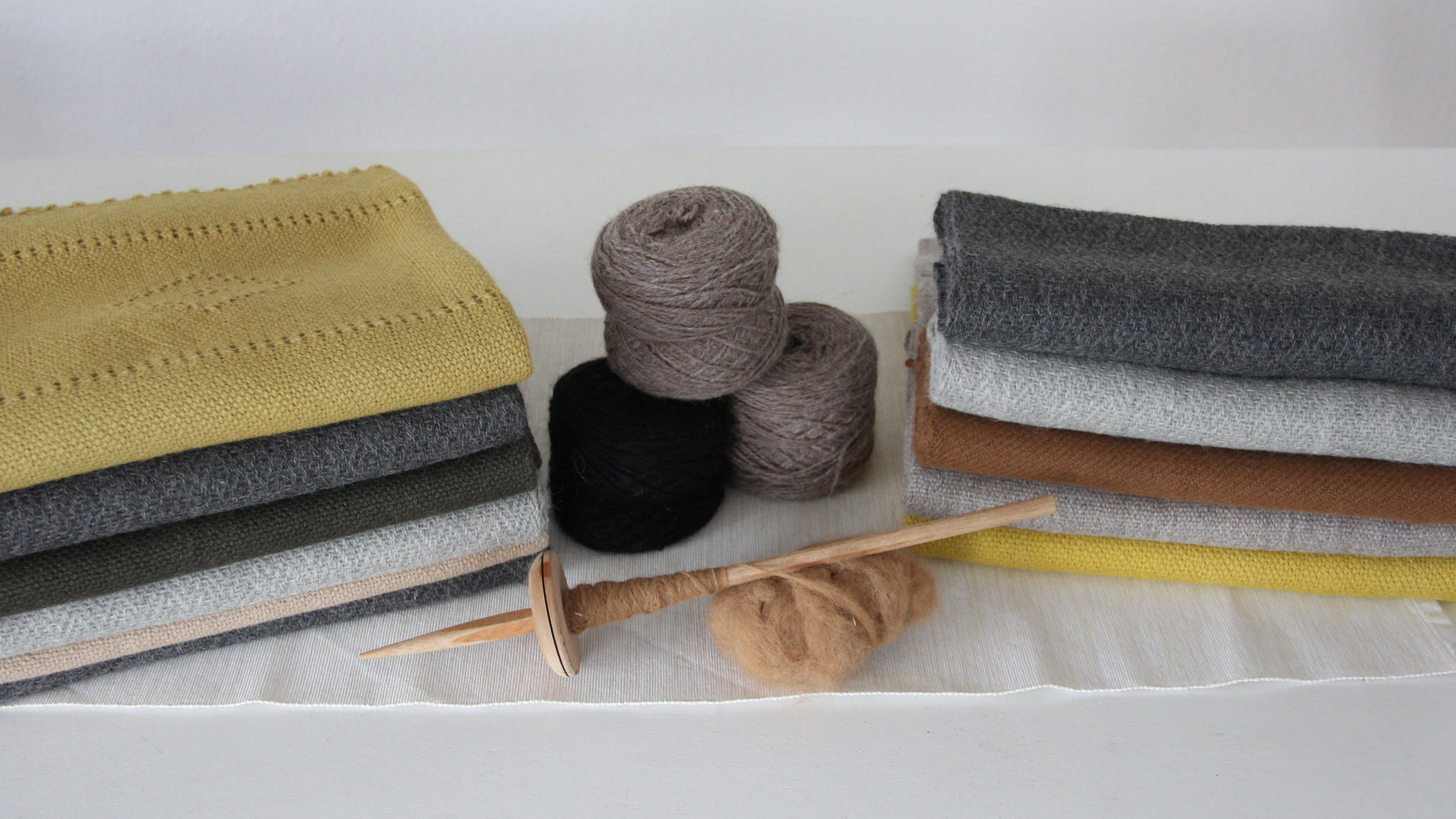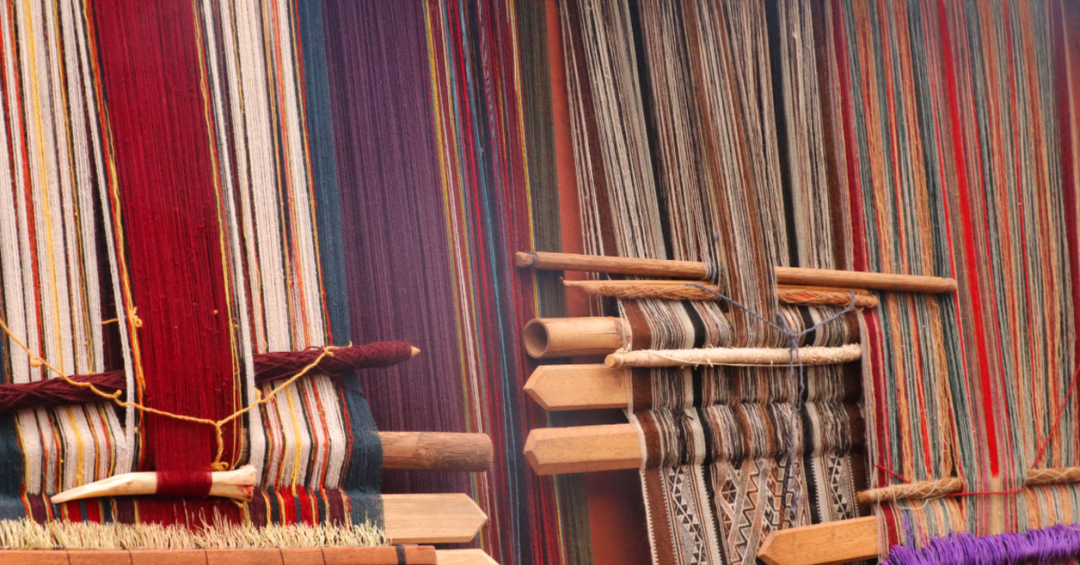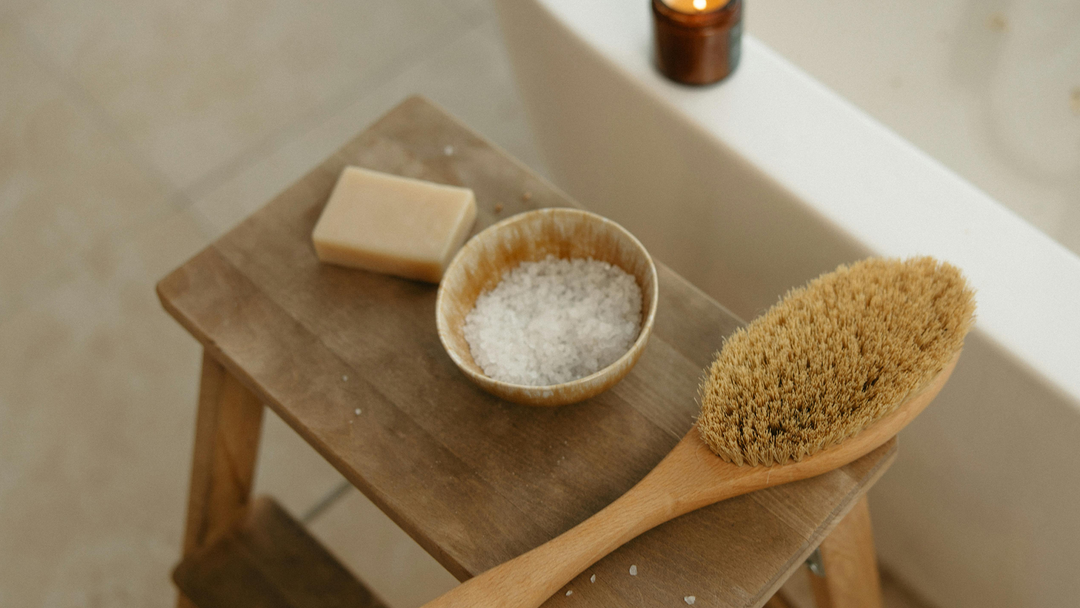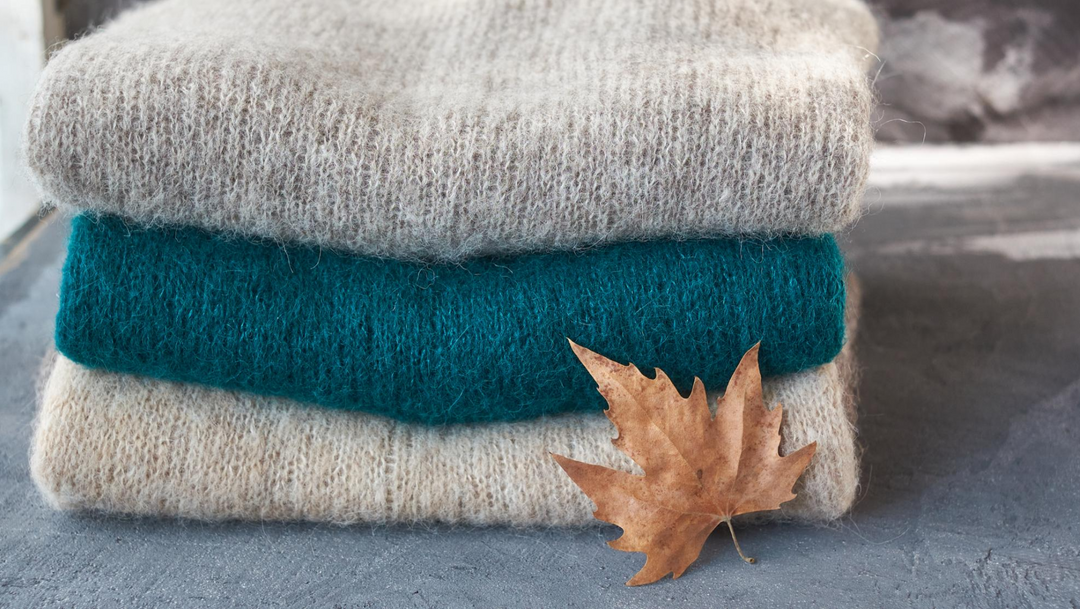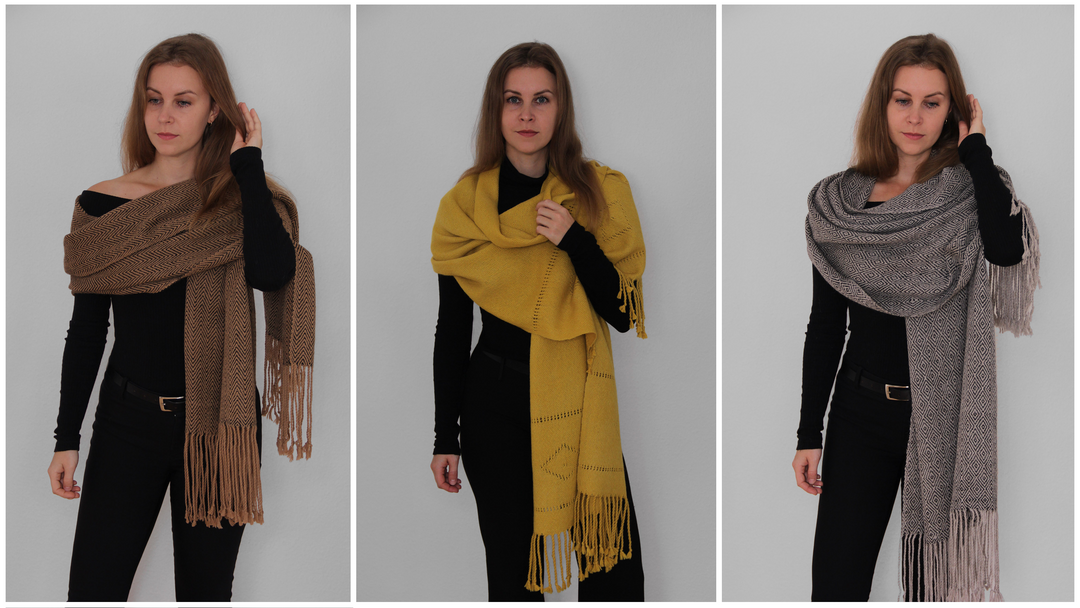As one of the finest natural fibres in the world, alpaca wool has become very popular in recent years. Alpaca wool products are soft, warm and durable and are made by artisans in the Andes. If you are looking for high-quality and sustainable products, alpaca products are an excellent choice.
In this article, you will learn everything you need to know about alpaca products. We will look at the different types of alpaca products, ranging from clothing and accessories to household items. We will also discuss the benefits of alpaca wool compared to other materials such as cashmere and sheep's wool, and give you tips on buying and caring for alpaca products.
Learn more about how alpacas are bred and kept and how the production of alpaca products differs when they are made by artisans or in industrial facilities. We will also discuss the importance of sustainability and ethical practices in the production of alpaca products.
Read on to learn all about alpaca products and why they are an excellent choice for environmentally conscious consumers.
Index
What are Alpacas?

Alpacas are animals native to the high plateaus of the Andes of South America, especially Peru, Bolivia and Chile. They belong to the camel family and are related to llamas, guanacos and vicuñas. Alpacas are known for their fine wool, which is of the highest quality and has been prized by Andean peoples for thousands of years. Learn more about the history of alpaca products here.
There are two different types of alpacas: Huacaya and Suri. The Huacaya alpacas have a dense, fluffy wool, while the Suri alpacas have a silky, shiny wool. Alpacas are usually bred for their wool, which is known for its softness, warmth and longevity. Learn more in our blog about alpacas.
The Andean region offers ideal conditions for alpacas to live freely and naturally. They graze in the high mountains and feed on a natural grass diet. The animals have a robust immune system and are resistant to various weather conditions, such as extreme heat, cold and high altitudes.
Alpacas are valuable animals for communities in the Andes. They provide warmth and also income opportunities through the sale of their wool. The Andean peoples have a close relationship with alpacas and consider them part of their culture and tradition.
Unlike other livestock, alpacas are not bred for their meat. Instead, they are sheared to obtain their wool, which is then made into a variety of products such as clothing, blankets and scarves. The alpacas' natural way of life ensures sustainable and environmentally friendly production of alpaca wool.
Properties of alpaca wool
Alpaca wool is one of the highest quality natural fibres on the market. It is known for its softness, warmth, breathability and hypoallergenic properties. Compared to sheep's wool, alpaca wool is three times warmer and contains no lanolin, making it a great choice for people with sensitive skin. Alpaca wool also has a natural resistance to water, dirt and stains, making it easy to care for. In addition, alpaca fibre is highly resistant to pilling and matting due to its unique structure. Overall, alpaca wool is one of the most versatile and durable fibres available and is perfect for making garments and accessories that will be worn for many years.
Types of alpaca products

Alpaca products have become increasingly popular in the fashion industry. Alpaca wool is soft, light and of the highest quality. It is also hypoallergenic, which means it can be worn by people with sensitive skin. There are a variety of alpaca products on the market, from scarves to blankets. Here are some of the different types of alpaca products:
SCARVES
Alpaca wool scarves are available in different sizes and shapes. Wide scarves are perfect for winter to keep you warm and looking stylish. Narrow scarves are great for spring and autumn and can be worn in many different ways. Alpaca scarves are a great accessory that will enhance any outfit.
CAPES & PONCHOS
Capes and ponchos are comfortable garments that are perfect for autumn and winter. They are available in different sizes and colours and can be worn with almost any outfit. Alpaca wool capes and ponchos are particularly soft and warm and are perfect for cold days.
HOME
Alpaca wool blankets and bed shawls are perfect for a cosy home. They are available in different sizes and colours and can be placed on a bed or sofa for extra warmth and comfort. Alpaca wool blankets also make a great gift for friends and family.
ACCESSORIES
Alpaca wool is also used for various accessories, such as Gloves, hats and Socks. These accessories are soft, warm and perfect for cold days. Alpaca gloves and socks are especially comfortable and can be worn all day.
ALPACA WOOL
Alpaca wool is also available as a knitting yarn. This yarn is perfect for various knitting projects such as jumpers, scarves and hats. Alpaca wool yarn is soft and warm and feels pleasant on the skin.
In summary, there are many different types of alpaca products on the market. Whether you're looking for an accessory to spice up your outfit or a blanket to keep you warm, there's always an alpaca wool option to suit you.
Alpaca wool compared with other materials
Alpaca wool has become a popular material for clothing and accessories in recent years. But how does alpaca wool compare to other materials such as cashmere, sheep's wool, cotton, merino wool or synthetic products? We have compared the different materials to show their advantages and disadvantages.
Comparison with natural materials
Alpaca wool vs. Cashmere wool
Alpaca wool vs. Sheep wool
Alpaca wool vs. Cotton
Alpaca wool vs. Merino
Comparison with synthetic materials
Synthetic materials are usually cheaper than garments made from alpaca fibre. However, synthetic fabrics have a much shorter lifespan and need to be replaced much more quickly. In addition, synthetic materials often cannot be produced sustainably and pollute the environment through the use of chemicals. In contrast, the production of alpaca clothing is much more environmentally friendly and sustainable. Alpaca fibre is biodegradable and can be recycled. Alpacas themselves are also natural landscape maintainers and help to preserve their environment. So if you're looking for a sustainable, durable and eco-friendly option, alpaca fibre is the way to go.
In summary, alpaca wool is an excellent choice for many garments and home textiles due to its many benefits and exceptional quality. Compared to other materials, such as sheep's wool, cashmere or cotton, alpaca wool has a unique combination of warmth, softness and fineness.
Production of alpaca products

When it comes to the production of alpaca products, there are two types of manufacturing methods: Handwork and industrial production. Each manufacturing process has its own advantages and disadvantages, but handwork is the better option when it comes to the quality of the products.
Handmade production: A work of art
The handmade production of alpaca products is not only an elaborate process, but also a true craft. Each piece is made with great attention to detail and utmost care, making each product unique and distinctive. The handmade alpaca products are often eye-catching and have a higher price due to their quality and uniqueness. Last but not least, handmade production is also more environmentally friendly as it avoids the use of machines and produces less waste.
Industrial manufacturing: Mass production
The industrial production of alpaca products is strongly oriented towards efficiency and mass production. The use of machines and the standardisation of the production process allow for faster and cheaper production of alpaca products. However, the use of chemicals and environmental damage from waste products can be a problem in industrial production. In addition, industrially produced alpaca products can have a lower price due to the lack of uniqueness and individuality.
Overall, the choice between handmade and industrially produced alpaca products is a matter of taste and values. Handmade products are unique and more sustainable, while industrially produced products can offer a wider choice and a cheaper price. It is important to be aware of the production process of the alpaca products you buy in order to make an informed decision.
Buying alpaca products
Buying alpaca products can be a worthwhile investment, as alpaca is known to be very durable and long-lasting. However, when choosing an alpaca product, you should pay attention to a few factors to ensure you get a high quality product.
First of all, it is important to consider the material of the product. Alpaca is known for its softness, warmth and durability compared to other materials such as sheep's wool or cotton. A high quality alpaca product should be made of 100% alpaca wool and not contain any other fibres or synthetic materials.
Another important factor is the way it is made. Handmade alpaca products are often considered works of art and have a higher value than industrially manufactured products. Handmade products are usually of higher quality because they are carefully crafted by skilled artisans. Industrially manufactured products, on the other hand, are usually produced in large quantities and are less detailed and individual.
When buying an alpaca product, you should also pay attention to the price. High quality alpaca products are usually more expensive than products made from other materials, but it is worth investing in a high quality product as it will last longer and maintain its quality over time.
Care of alpaca products
There is good news for those who want to take care of their alpaca products: Alpaca wool has a self-cleaning property, which means it is not always necessary to clean it. By simply airing your products, you can eliminate unpleasant odours and keep them fresh. However, should you need to clean more thoroughly, there are simple rules to follow.
Wash your alpaca products with cold or lukewarm water and a mild detergent. Do not use fabric softener as this can affect the natural fibres. Be careful not to rub or pull your products to avoid damage.
To remove the water from your products, do not squeeze them. Instead, gently wrap them in a towel to absorb excess water and maintain the garments' structure.
To dry, lay your alpaca products flat on a clean, dry surface. It is advisable to place a towel under the products to absorb moisture. Let them dry in a well-ventilated place and avoid direct sunlight or heat sources.
By following these simple rules, you can ensure that your alpaca products are well cared for and protected so that you will enjoy them for a long time.
Sustainability and ethics

Sustainability and ethics are important factors in the production and sale of alpaca products. Alpaca wool is a sustainable resource because alpacas require little water and food and their wool grows annually. In contrast, synthetic fibres and other animal fibres such as cashmere or sheep's wool produce much more greenhouse gases and consume more energy and water during production.
We are proud to work only with alpacas that live freely in their natural environment. We believe that the animals should grow up in a stress-free environment to ensure the highest quality wool and products. We support the welfare of animals and strive to ensure that our products are produced in an ethical and sustainable manner.
Our aim is to provide our customers with the best possible quality without harming the environment or violating the rights of animals and artisans. We are proud to offer alpaca products that are both sustainable and ethically made.
Conclusion
Alpacas are fascinating animals that are valued not only for their beautiful wool, but also for their positive impact on the environment and the communities in which they live. Alpaca products are not only durable and comfortable, but also sustainably and ethically produced. When you invest in alpaca products, you can be sure that you are getting a high quality product that has been produced in a way that respects both the environment and society. We are proud to offer you these unique and sustainable products and hope that you will enjoy them as much as we do. Thank you for taking the time to read our blog. And don't forget to visit our shop with alpaca products. Here you will find the best products with unbeatable quality.





